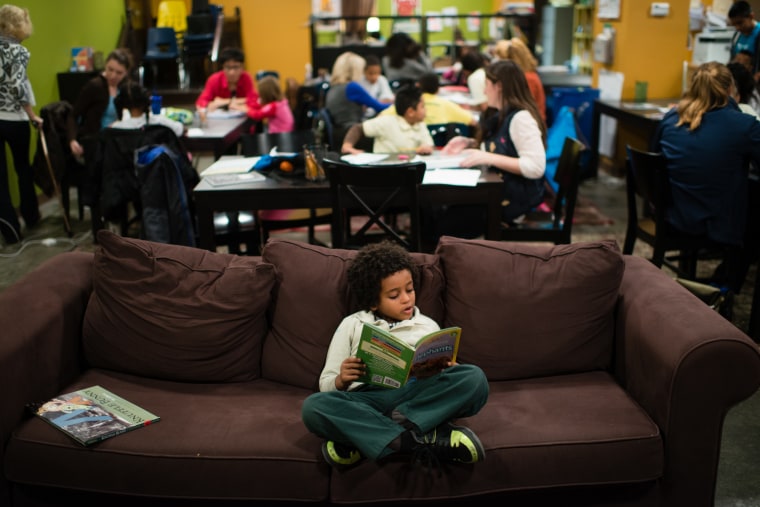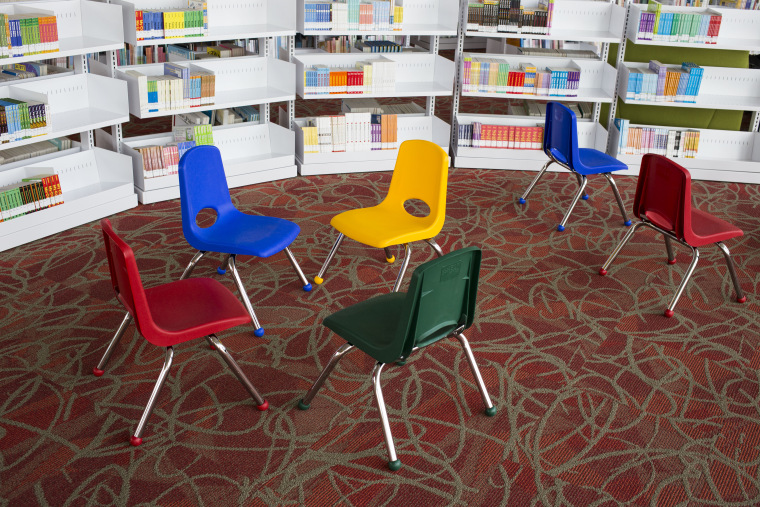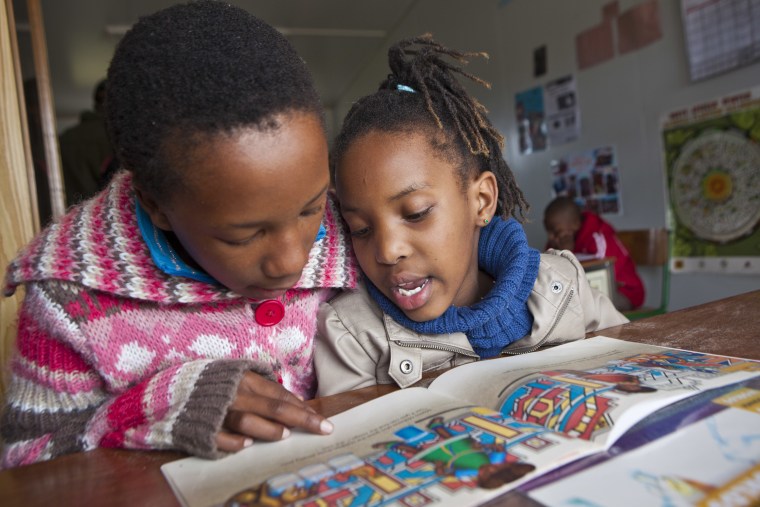
Reading creates a gateway to vast professional opportunities and economic empowerment, but for far too many black children in the United States, reading proficiency remains elusive.
According to the U.S. Department of Education’s 2015 national reading assessment, only 18 percent of black fourth graders read proficiently. Educators, politicians, and policy makers use low test scores to rationalize America’s addiction to high-stakes testing. Today, education administrators have more student data at their disposal than at any other time in history, yet reading scores have not increased substantially.
Identifying Underlying Causes
With so many advances in educational technology such as animated e-books, interactive whiteboards, and mobile literacy apps, why do so many black children continue to struggle in reading?
Common answers to this question highlight widespread confusion about the difference between a symptom and an underlying cause. Black children are often blamed for the reading struggles they experience. But persistently low reading scores are not the problem, but rather a symptom of the many challenges that black children face trying to learn in hostile environments.
Toxic stress, inexperienced teachers, ineffective instruction, and implicit bias rarely factor into analyses of student test data.
States do not sufficiently invest in teacher training or small class sizes. Instead, politicians pour millions into testing poor and mostly non-white children. This school year, countless teachers will badger millions of black children about their perceived deficits. School should be more than listening to a list of the things you don’t know and can’t do.
RELATED: Get LIT(erature): Supporting a Lifelong Love of Reading
Many educators will never ask students about their strengths or incorporate topics in which students have expert knowledge. Black children are simply told to work harder and study more within systems and institutions stacked against their success. Toxic stress, inexperienced teachers, ineffective instruction, and implicit bias rarely factor into analyses of student test data.
Book Deserts and Summer Slide
Skills, skills, and more skills is the conventional wisdom of data-crazed administrators. Curriculum and instruction that narrowly focuses on reading skills has a fatal flaw—reading gains made from skills-based interventions aren’t sustainable beyond the school day or academic calendar. This is especially true for black children living in poverty, who are less likely to have access to age appropriate books outside of school.
NYU education researcher Susan Neuman has found that in some low-income communities there are as few as one age-appropriate book for every three hundred children. Black children disproportionately live in book deserts.

Summer reading slide describes a phenomenon in which students lose academic gains made at school during the summer months when school is not in session. To ensure that a majority of black children read proficiently, educators and parents must create reading experiences that better reflect and incorporate the various ways in which students identify - gender, language, race, socio-economics status, and personal interests.
Educators and parents must spend more time asking themselves how to help children identify as readers instead of creating test prep regimens.
Children with few reading experiences outside of school desperately need confirmation (social cues and encouragement) that reading is an activity in which they should invest time and energy. Students read for fun because important adults or peers in their lives model it for them, because it’s enjoyable, and because they consider it a part of who they are.
Finding the Fun
Unfortunately, reading is not connected to the interests or lived experiences of many black children. For example, black boys, like all boys, enjoy funny, silly, and gross books like the Diary of a Wimpy Kid or Captain Underpants. Not only are these books not used for instructional purposes, but in some classrooms and homes, adults prohibit or actively discourage black boys from reading books that are considered non-academic. The popular slavery and segregation books that many teachers and librarians enjoy reading to black children may be useful for lessons, but oppression narratives do little to inspire black children to read for fun.
RELATED:NYC Barbers Partner in Unique Venture to Get Black Boys Reading
Creating fun and personally relevant reading experiences that lead children to read after school and during the summer is the key to improving literacy rates among black children. Educators and parents must spend more time asking themselves how to help children identify as readers instead of creating test prep regimens.
Schools must move away from a deficit model that blames black children toward an asset-based approach that acknowledges who children are and what’s important to them. Creating nurturing learning environments will lead more black children to say, “I’m a reader.”
Identifying as a reader is the foundation of reading proficiency and lifelong reading.
Alvin Irby is Founder and Chief Reading Inspirer at Barbershop Books, a community-based literacy program that creates child-friendly reading spaces in barbershops. His debut children’s book, "Gross Greg", is a laugh out loud story about a boy who loves eating his boogers, available Fall 2016.

